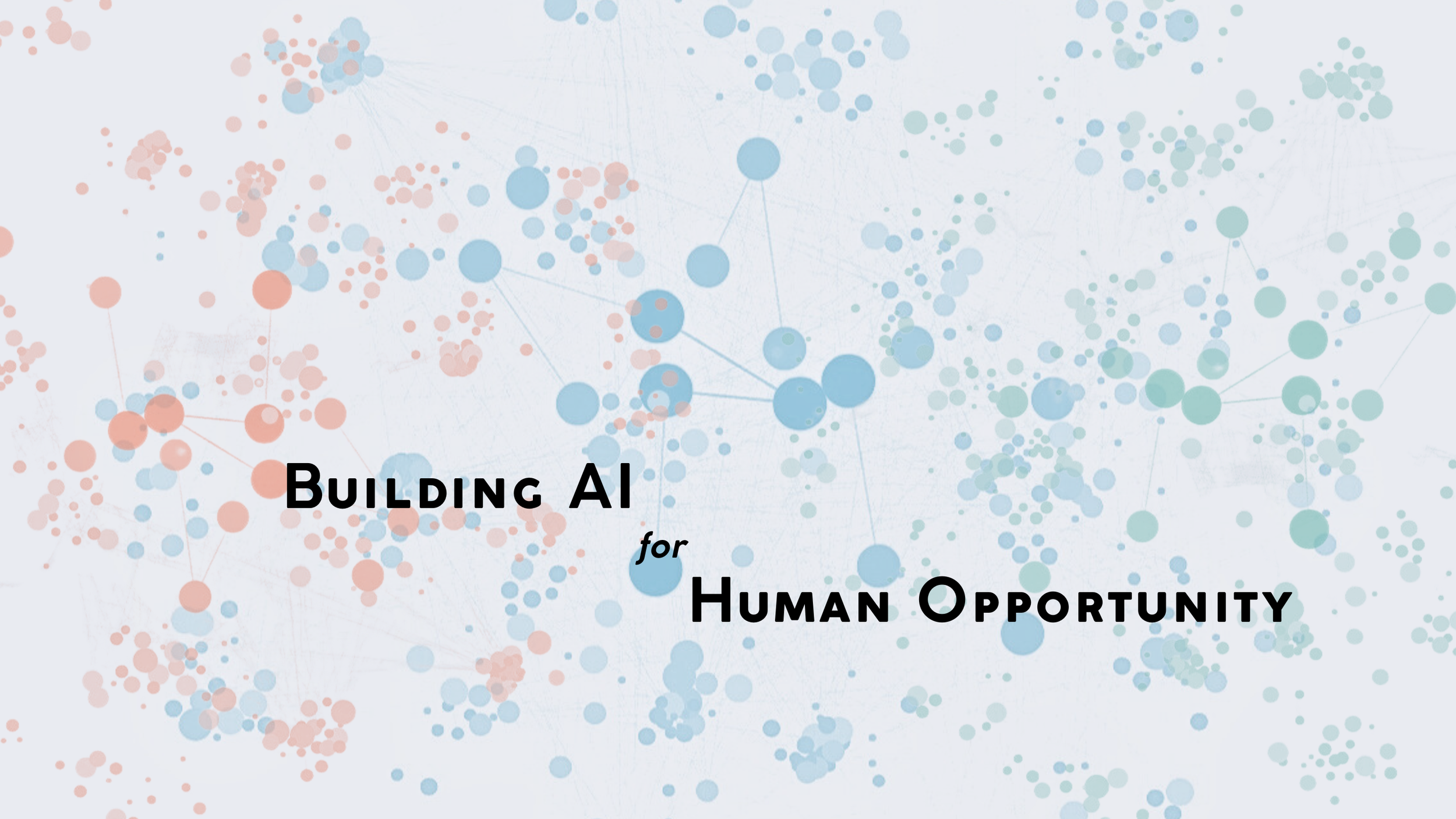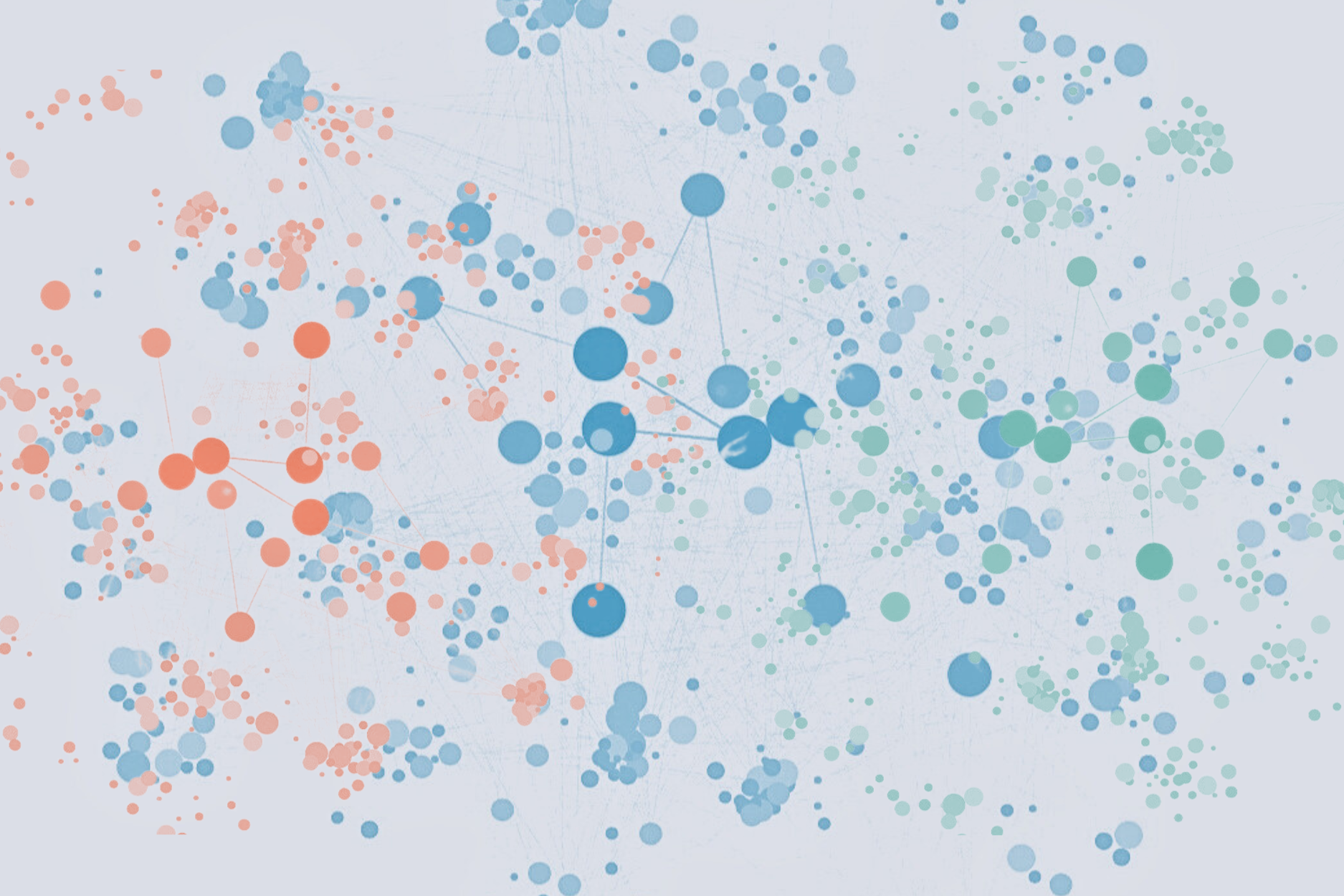
learning collider
: a research lab accelerating high-impact collaborations between academia and product where equitable access to opportunity and economic mobility outcomes are prioritized
: a team of leading academics, data scientists, and project + product managers
collider
: a variable caused or influenced by two other variables (statistics)
: a machine that crashes particle beams together at high speeds to study subatomic interactions and properties (physics)
Artificial intelligence (AI) is increasingly a gatekeeper to economic mobility.
Both human decision-makers and algorithmic technology (in tandem and independently) make life-changing decisions about who has access to economic opportunities and upward mobility through education, jobs, credit, housing, and more.
Access to high-caliber R&D when building AI is limited.
AI is frequently built in the dark, lacking rigorous research into the technology’s unintended consequences and impact. When organizations make claims about the fairness of their products, they are often unfounded. Even established organizations struggle to develop, test, and implement AI that meets their business needs while ascertaining and advancing fair, equitable outcomes.
Access to real-world products and data is in short supply.
Academic researchers face multiple obstacles in partnering with organizations to apply their work, understand product and market pain points, and develop and test hypotheses that are meaningful to organizational objectives and that lead to actionable and impactful findings.


Recent Media Mentions
“Peter Bergman of the University of Texas-Austin and Learning Collider, a social science research lab, argues that recent advancements in artificial intelligence make this the right time to create an ARPA for education.”
“We know, for example, that there are instances where human decision-making can be biased but there’s no good way to flag it. And if you can’t flag it, you can’t address it.”
“In a pioneering study published in 2019, Bergman and a co-author found that sending parents weekly text messages about students’ absences and missing assignments, and a monthly warning about failing grades, improved high school students’ attendance by 12% and reduced course failures by 28%.”
Learning Collider is supported by philanthropic partners:

We’re a nonprofit research lab
Learning Collider is a partner project of the National Center for Civic Innovation (NCCI), a nonpartisan, nonprofit 501(c)(3) organization formed by the Fund for the City of New York (FCNY). More information about NCCI - including financial statements, policies, and leadership - is available at fcny.org.
Follow the link and select ‘Learning Collider’ under Purpose of Donation.









